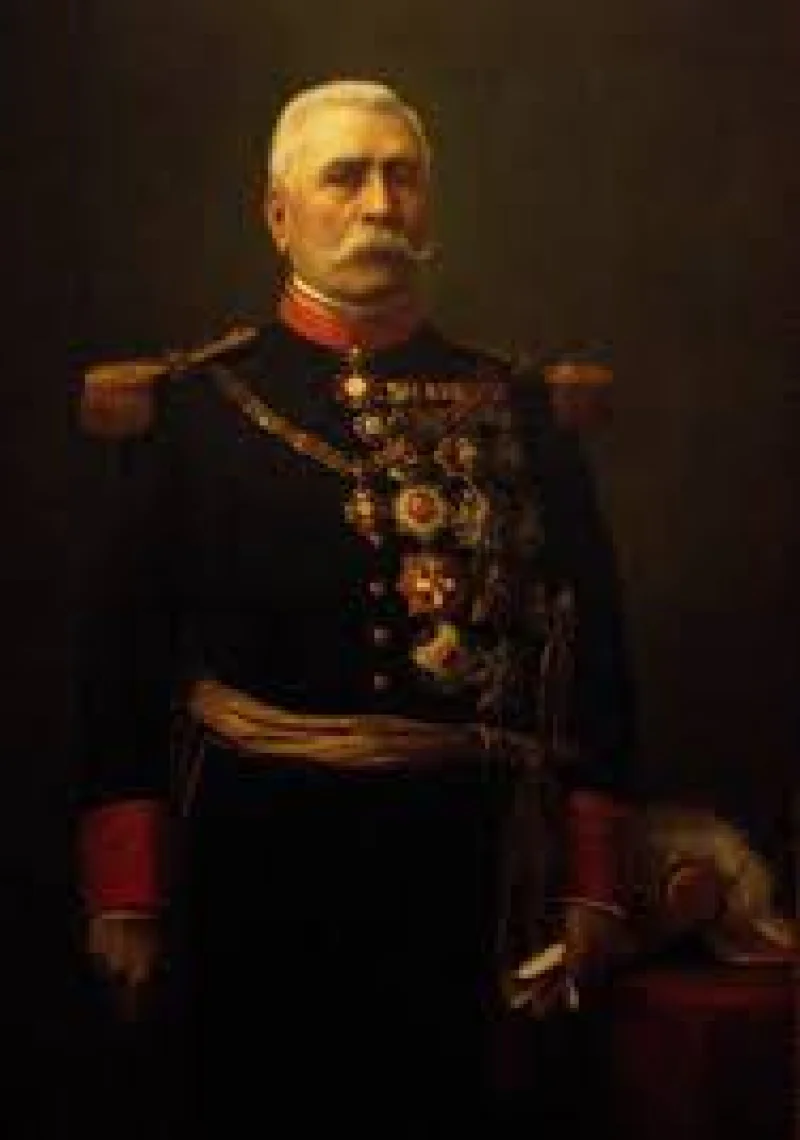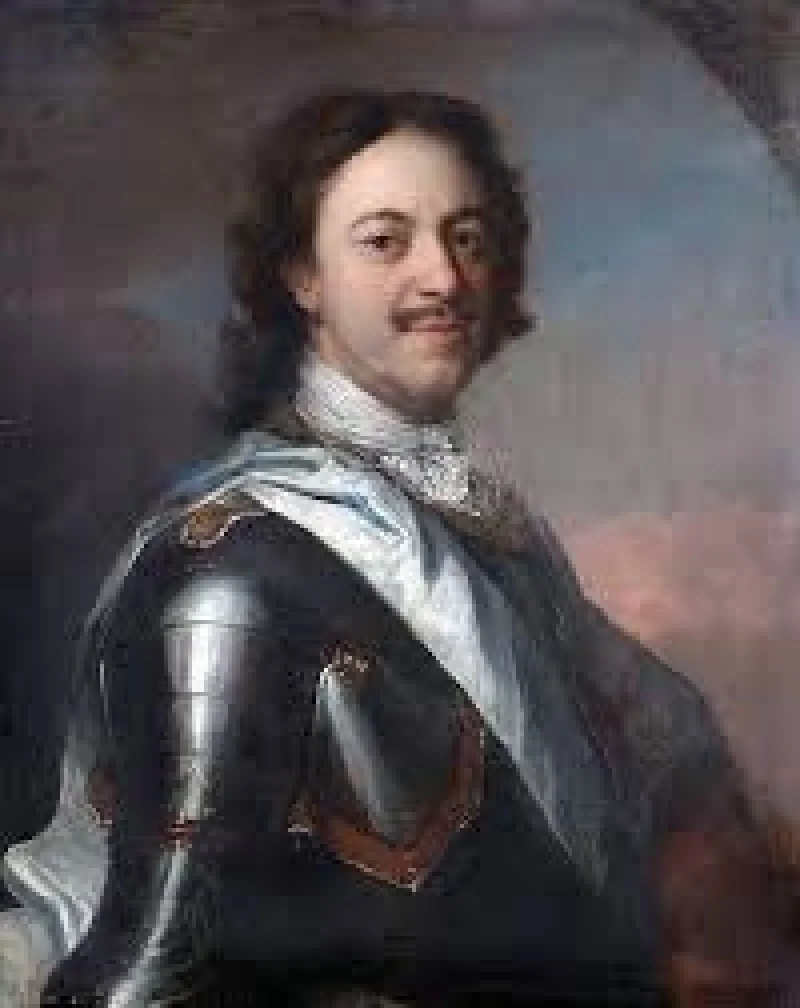Short Summary
Porfirio Díaz was a prominent Mexican general and politician who served as President of Mexico for over three decades in the late 19th and early 20th centuries. His presidency, known as the Porfiriato, was marked by significant economic growth and modernization but also by political repression and social inequality. He is famous for his authoritarian rule, which eventually led to the Mexican Revolution. Díaz's leadership left a complex legacy of progress and controversy.
Early Life & Education
Porfirio Díaz was born on September 15, 1830, in Oaxaca, Mexico, into a modest mestizo family. He was one of seven children born to José Faustino Díaz and Petrona Mori. After his father's death, Díaz's family faced financial difficulties, leading him to pursue a career in the church. He entered the seminary in Oaxaca but soon shifted his focus to law and politics, influenced by the liberal ideals of Benito Juárez, a key figure in Mexican politics. Díaz's early education and experiences laid the foundation for his future military and political endeavors.
Career Highlights
Porfirio Díaz's career was marked by his rise through the military ranks during the Reform War and the French intervention in Mexico. He became a national hero after his victory at the Battle of Puebla in 1862. In 1876, Díaz seized power through a coup, initiating his long tenure as president. His administration focused on economic modernization, attracting foreign investments, and building infrastructure. Despite his achievements, Díaz maintained power through electoral manipulation and suppression of dissent. His regime eventually faced growing discontent, leading to his resignation in 1911 amidst the Mexican Revolution.
Major Achievements
- Established a strong centralized government, ending decades of political instability in Mexico.
- Modernized Mexico's economy by promoting foreign investments and infrastructure development.
- Extended the railway network, facilitating commerce and communication across the country.
- Promoted industrialization, contributing to Mexico's economic growth during his presidency.
- Maintained peace and order, albeit through authoritarian means, during his lengthy rule.
Famous Quotes
- "Mátalos en caliente." ("Kill them while they're hot.")
- "Pobre México, tan lejos de Dios y tan cerca de Estados Unidos." ("Poor Mexico, so far from God and so close to the United States.")
Interesting Facts
- He initially trained to become a priest before turning to law and politics.
- Díaz was married twice, first to Delfina Ortega Díaz and later to Carmen Romero Rubio.
- He lived in exile in Paris after resigning from the presidency in 1911.
- Díaz's rule is often associated with the phrase "Order and Progress," reflecting his priorities.
- The Mexican Revolution, which led to his downfall, began in 1910.
Legacy / Influence
Porfirio Díaz's legacy is a complex one, characterized by both progress and oppression. His efforts to modernize Mexico laid the groundwork for future economic development, but his authoritarian methods led to social unrest and contributed to the outbreak of the Mexican Revolution. His impact on Mexican history is significant, as his rule highlighted the tensions between modernization and social justice, influencing subsequent generations of political leaders and reformers.
FAQ
Q: Why is Porfirio Díaz famous?
A: Porfirio Díaz is famous for his long presidency in Mexico, marked by modernization and authoritarian rule, which eventually led to the Mexican Revolution.
Q: How long did Porfirio Díaz serve as President of Mexico?
A: He served as President for over 30 years, from 1876 to 1911, with a brief interruption.
Q: What was the Porfiriato?
A: The Porfiriato refers to the period of Porfirio Díaz's rule in Mexico, characterized by economic growth and political repression.
Q: When did Porfirio Díaz die?
A: He died on July 2, 1915, in exile in Paris, France.










